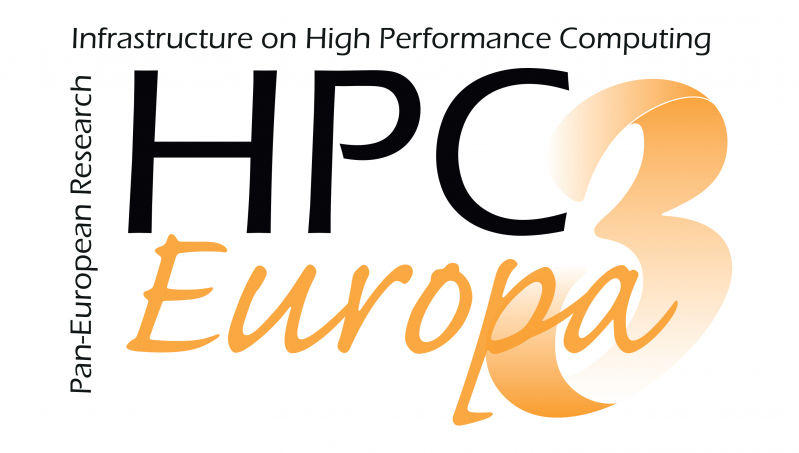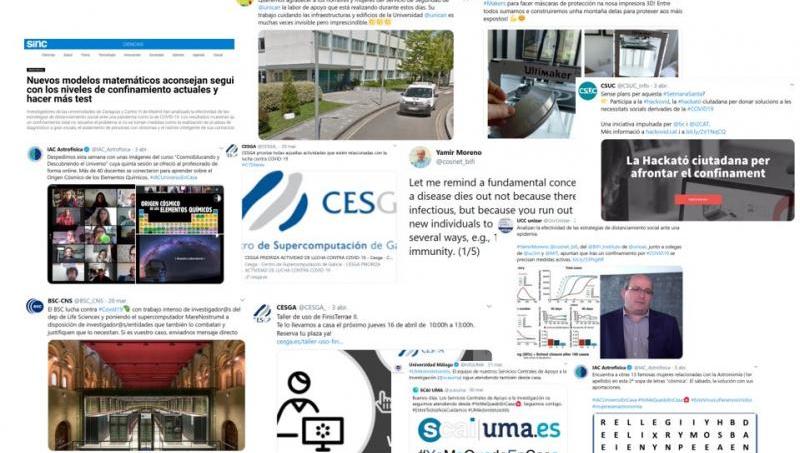HPC-Europa is an EC-funded programme that allows researchers to carry out short "transnational access" visits to collaborate with a research department working in a similar field. Applicants can be working in any discipline, but must require the use of High Performance Computing facilities (for large-scale computer modelling, etc.). HPC-Europa provides funding to cover travel and living costs, and an amount of computing time in one of the HPC centres participating in the initiative. Visitors also receive mentoring by the host group.
Visits can last between three weeks and three months. The program is open to researchers of all levels, from postgraduate students to the most senior professors. Calls are issued 4 times per year and published online on the HPC-Europa3 website. Next closing date is Thursday 7th September 2017 (at 12:00PM CET).
All the Spanish researchers can apply to visit a host research group in Finland, Germany, Greece, Ireland, Italy, the Netherlands, Sweden or the UK. In addition, Spanish research groups can be associated to the programme and host European visitors. If you want to be listed as a Spanish host group, you can fill the following online form: https://www.bsc.es/hpc-europa3-hosts.
Barcelona Supercomputing Center participates in the HPC-Europa initiative since the first edition and it plans to receive 210 visitors in the next four years (from 2017 to 2021). Besides, BSC Computer Science researchers will lead the research activity dedicated to container-as-a-service for HPC within the project. Its objective is to evaluate container technologies (e.g. Docker, Singularity, Shifter, etc.) for supercomputers and HPC environments.


